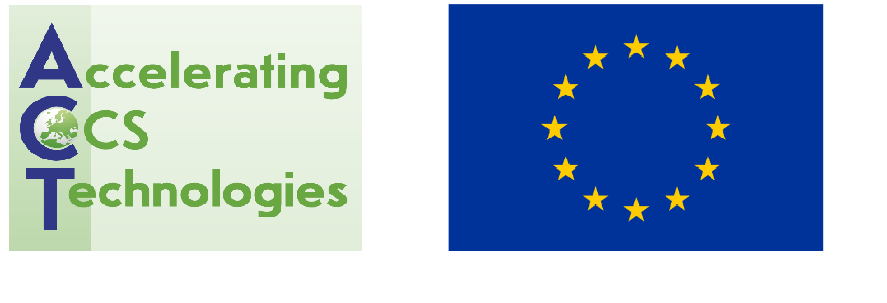20 successful projects invited to stage 2 of ACT
/20 proposals to stage 2
By 7 September 2016 ACT received 38 pre-proposals applying for more than 120 million euro, which is three times the available budget for the call. Most of the proposals were of very high quality – and therefore there was a hard competition between the best ones.
After 1st stage evaluation, which took place in Brussels 27-28 September 2016, the ACT consortium invites the 20 top rated projects to submit a full proposal.
The evaluation covered not only the national eligibility, but emphasized the potential of the project, focusing on the innovative idea of the project, how the project fits with the objectives of the call, the composition of the consortia, the potential impact of the project, available funding, and the relevance to the respective national program objectives
All countries are involved
All countries are included in one or more proposals invited to the 2nd stage of ACT. But the oversubscription is high, particularly for Germany (2,6 times oversubscription), The Netherlands (3 times), Norway (4,6 times) and UK (2,6 times). Romania, Spain and Switzerland have an oversubscription in the range of 1,2-1,3 times. Turkey has no oversubscription.
41,2M€ is avaiable for funding
The competition will however still be tough for all projects in the second phase as the total request for funding from ACT by these 20 projects is 77 M€ and only 41,2 M€ is available.
Of the 20 projects there are 5 big projects with a request for funding in the range of 5 to 16,5 M€ , and 15 smaller projects with request for funding in the range of 200.000 € to 3M€.
The 5 big projects all include partners from Germany, The Netherlands, Norway and UK together. Romania is involved in 3 of the big projects and Switzerland in two. There is a good mix of ACT countries taking part in the smaller projects.
Germany and Turkey is in lead of 2 projects each, The Netherlands and UK in lead of 3 projects each and Norway has lead in 10 projects.
Different challenges of CCS are covered
There is a good spread of the proposed projects over the different challenges of CCS and CCU, covering capture, chain integration, storage, and utilisation in sufficient numbers. A significant number also have industry involved in their project. This is highly valued by the ACT consortium who is encouraged to see that the European industry takes its responsibility here.



